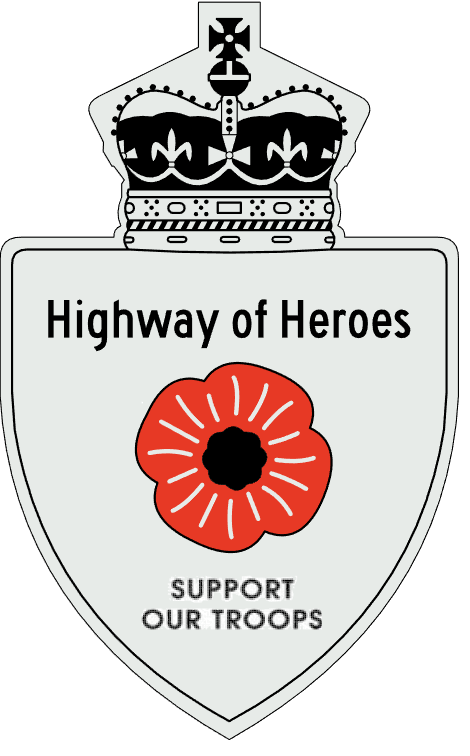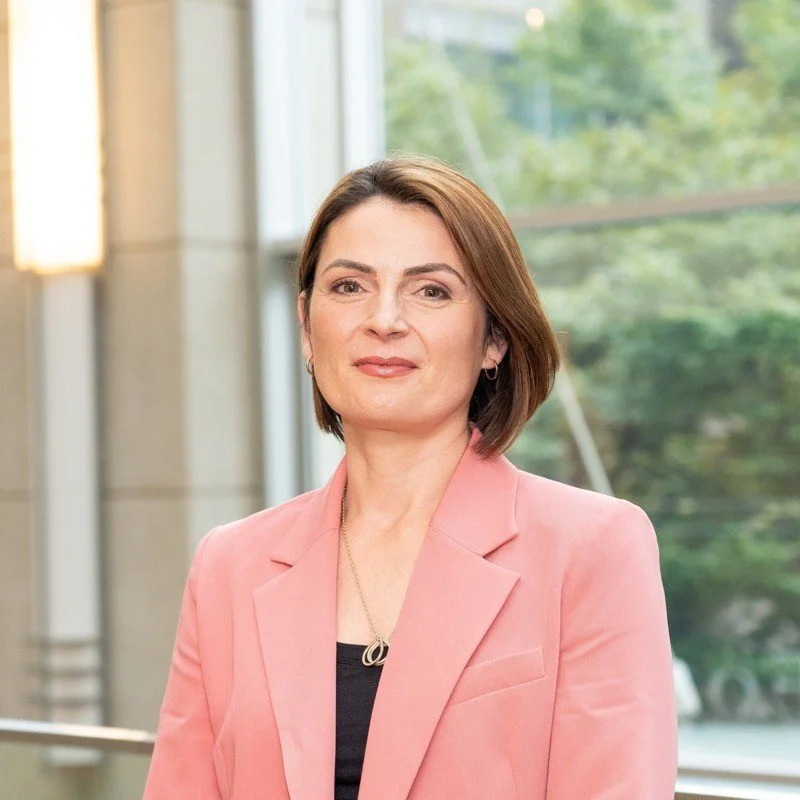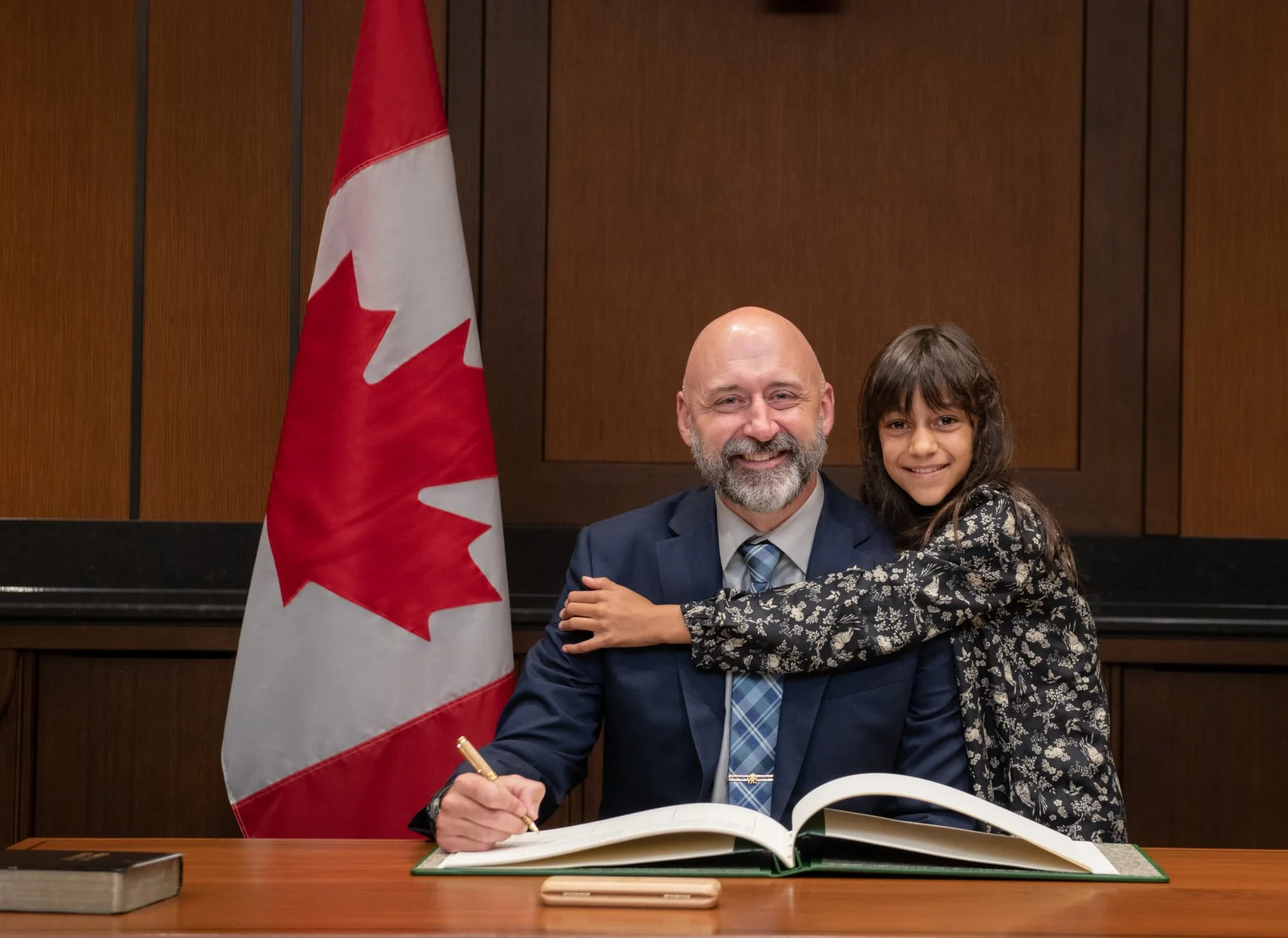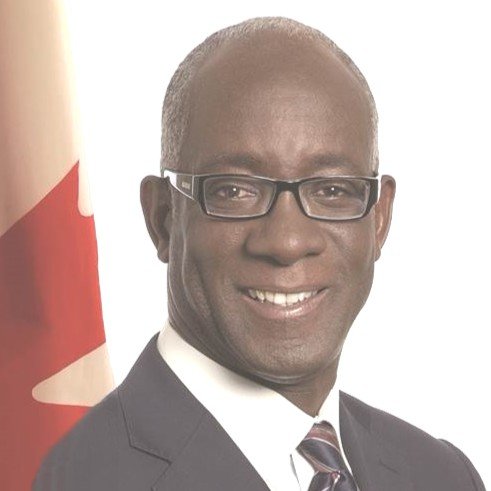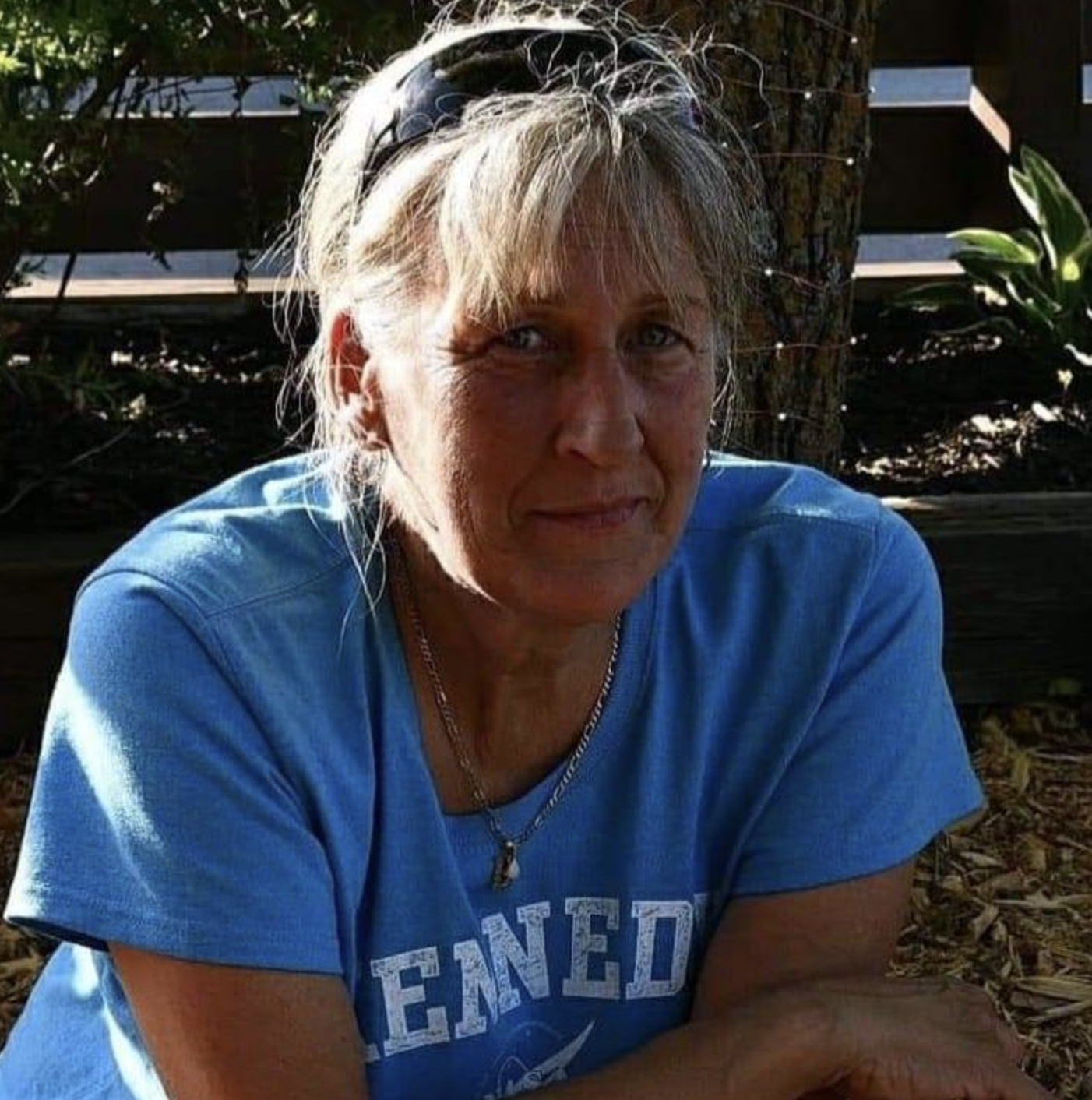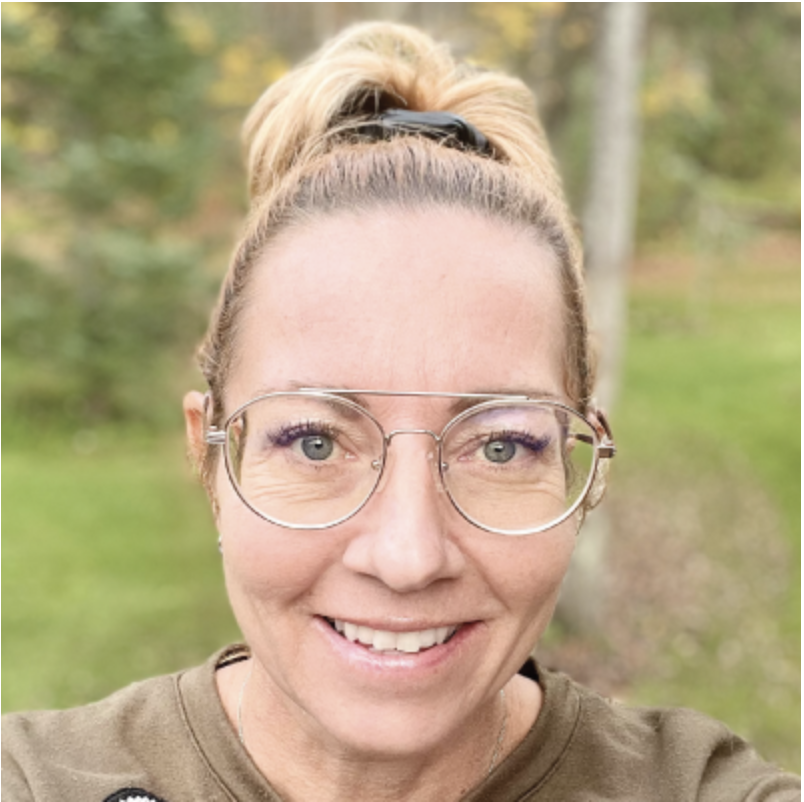By Military Woman
Question:
What is the significance of the Highway of Heroes, and how has it most recently been commemorated?
Answer:
The Highway of Heroes is a moving Canadian symbol of military sacrifice, honouring those who have fallen while in service to their nation. For decades, Canadians associated military sacrifice with World War I, World War II, and the Korean War. After Korea, Canada’s focus on peacekeeping missions led many civilians to believe that military-related deaths were a thing of the past.
That largely held erroneous assumption was shattered during Canada’s involvement in the Afghanistan War. Starting in 2002, Canadians witnessed their fallen soldiers returning to 8 Wing, Trenton, Ontario via flag draped coffins to make their final journey along Highway 401 to the Toronto Coroner’s Office. In 2007, this specific stretch of road was officially renamed by the Government of Ontario as Highway of Heroes—in tribute to the Canadian Armed Forces members who had made the ultimate sacrifice.
The Tree Campaign
One local initiative set up in honour of the Highway of Heroes was the Tree Campaign, led by Mark Cullen, Tony DiGiovanni, and Michael de Pencier. Their initial goal was to plant 117,000 trees along the Highway of Heroes, to represent each of the Canadians lost in military service over the history of the nation.
Initially backed by the Landscape Ontario’s Foundation, the campaign quickly gained momentum. Supporters included Gerry Butts, then Chief of Staff to the Prime Minister, and Seamus O’Regan, then Minister of Veterans Affairs. Financial contributions included:
$2 million from the Ontario Government,
$3 million from Veterans Affairs Canada (VAC), and
Several million from individual Canadians, other charities (like Forests Ontario (now Canada), GrandTrees and the Maple Leaves Forever Foundation), and corporations (like GM and SJC Media).
This success led to the development of a new charity, Canadian Trees for Life, with Cullen, DiGiovanni, and de Pencier as its founding board members. Their combined efforts saw the Tree Tribute Campaign surpass its $10 million fundraising goal early.
Presence in Absence: A Tribute and Its Controversy
In 2022, the Tree Tribute Campaign commissioned Presence in Absence, an installation by well-known Canadian artist Ruth Abernathy. Displayed at the Trenton and Port Hope ONroute stations, the installation served to showcase the names and facial profiles of 67 Canadians who had “paid the ultimate sacrifice”, including Captain Nichola Goddard.
Unfortunately, the project was marred by several errors. For one example, twelve names on the installation belonged to individuals still living. This oversight has caused deep distress for some of those who had personally attended the ramp ceremonies and witnessed their comrades’ final journeys along the Highway of Heroes. For these Veterans, seeing their names, instead of their fallen comrades', on this art installation evoked feelings of survivor’s guilt, dishonour, and disrespect to their memories.
Lessons for Future Commemoration
With a federal election expected no later than October 2025, now is a good time for all Canadians to reflect on what Veterans should rightfully expect from their government. Could the $3 million allocated by VAC for this project have been better spent on direct care and support of Veterans? Could it have been better used on research —a pressing issue identified in both the 2019 Women Veteran Forum report and the Invisible No More. The Experience of Canadian Women Veterans report.
Moving forward, commemorative projects funded by VAC require enhanced oversight and quality assurance to better prevent unintentially harming the very Veterans VAC is supposed to honour and serve. Veterans should never be treated as a commodity or product for the use of public or corporate projects.
A Call to Honour the Fallen
The Highway of Heroes serves as a reminder about the true cost of freedom. As Canadians, it’s our shared responsibility, if not duty, to ensure that commemoration efforts reflect real respect and gratitude.
Those who made the ultimate sacrifice for Canada deserve nothing less.

